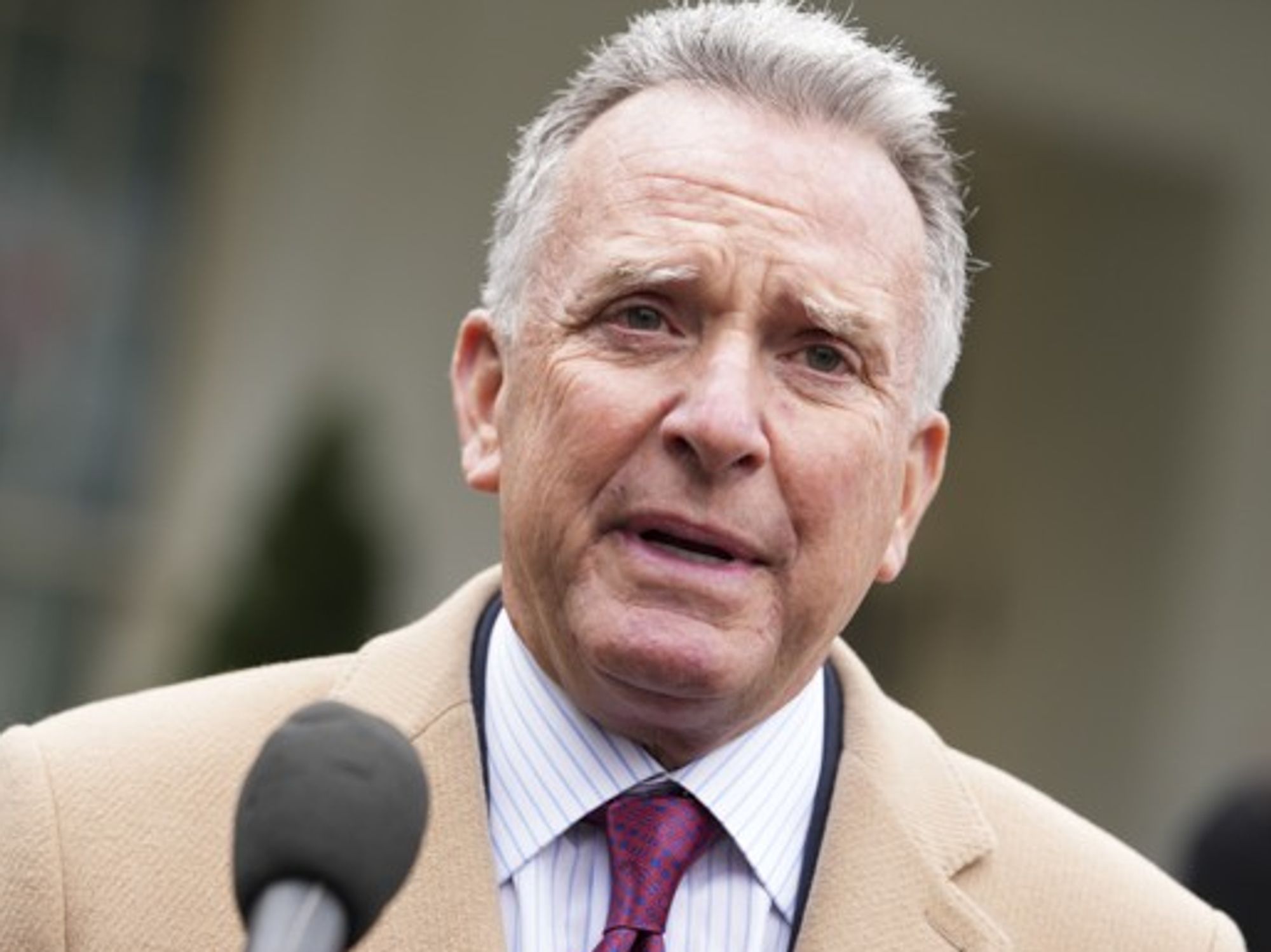President Trump’s foreign policy envoy on Thursday criticized those who are trying to undermine the president’s negotiations to place limits on Iran’s nuclear program, saying they have a “bias toward military action,” adding that he and Trump instead wanted to put diplomacy first in U.S. foreign relations.
“In their minds, anything that is of a military nature to be a solution to that problem, they have a bias towards that. They give no consideration whatsoever on what the consequences are on that,” envoy Steven Witkoff said during an interview with Breitbart. “The neocon element believes that war is the only way to solve things.”
Trump “believes in peace through strength, which essentially means that resorting to violence and war is not necessarily in the best interest of the country and not necessarily the best way to effect truces, ceasefires, permanent peace — whatever we want to call it,” Witkoff added. “Dialogue and diplomacy are an avenue he wants to pursue each and every time because if he can get to a successful resolution that’s in the best interest of the United States.”
Witkoff’s comments come as more hawkish establishment conservatives are orchestrating a campaign to oppose the Trump administration’s diplomacy with Iran. But the White House and its allies are pushing back.
More recently, Trump reportedly fired his national security adviser Mike Waltz because Waltz was pushing for war with Iran in internal conversations on the issue. And Trump allies outside the administration — like Rep. Marjorie Taylor Greene (R-Ga.) and conservative media star Tucker Carlson — have been increasingly vocal in criticizing Iran hawks.
Meanwhile, House and Senate Republicans this week started pushing their colleagues to call for only a full dismantlement of Iran’s program.
Witkoff appeared to push back on that effort during his interview with Breitbart while stressing a diplomacy-first approach.
“I believe in [Trump’s] policy of attempting to settle the Iranian conflict through dialogue. First of all, that’s a more permanent solution to that crisis than any other alternative,” he said. “If we get them [Iran] to voluntarily shift away from an enrichment program where they can enrich to not have centrifuges, to not have material that can be enriched to weapons-grade levels 90%. If we can get them to voluntarily do that, that is the most permanent way to make sure that they never get a weapon."
















